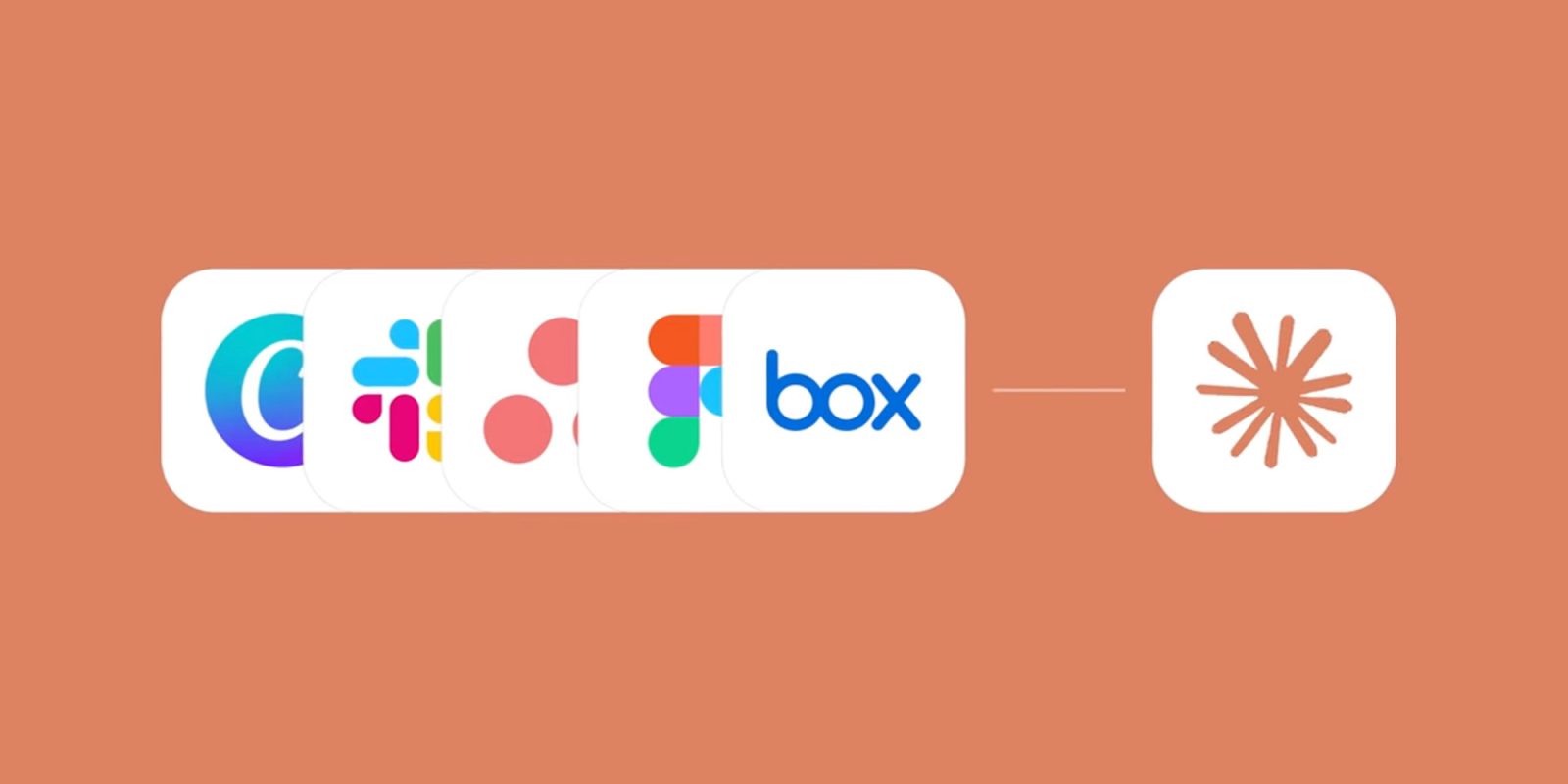Apple Inc. is currently under investigation by French authorities following allegations that the company violated user privacy through its Siri voice assistant. This probe stems from a complaint filed by the Ligue des droits de l’Homme, a French human rights organization, which accuses Apple of capturing and reviewing user voice recordings without explicit consent.
Background of the Allegations
In 2019, a report by The Guardian revealed that Apple employed third-party contractors to listen to a subset of Siri recordings. This practice was intended to enhance the accuracy and responsiveness of the voice assistant. However, the report highlighted that these contractors occasionally overheard sensitive personal information, including confidential medical details and private conversations.
A whistleblower involved in the grading process disclosed that Apple contractors regularly hear confidential medical information, drug deals, and recordings of couples having sex, as part of their job providing quality control for Siri. This revelation raised significant concerns about user privacy and the extent of data access granted to external parties.
Apple’s Response and Policy Changes
In response to the backlash, Apple promptly suspended the grading program and committed to implementing changes to address privacy concerns. The company announced that it would allow users to opt out of the program and later introduced an explicit opt-in mechanism. This change ensured that users would have to provide clear consent before their voice recordings could be used for quality control purposes.
Apple stated, We are committed to delivering a great Siri experience while protecting user privacy. As part of this commitment, we have suspended the Siri grading program globally. Additionally, we plan to release a software update in the future that will allow users to choose whether to participate in the grading program.
Legal Actions and Settlements
Despite these policy changes, Apple faced legal challenges related to its handling of Siri recordings. A class-action lawsuit was filed, alleging that the company unlawfully recorded user interactions without consent. In January 2025, Apple agreed to a $95 million settlement to resolve the lawsuit. The settlement provided compensation to affected users, with class members eligible to receive up to $20 per Siri-enabled device.
Apple maintained that it had not engaged in any wrongdoing but chose to settle to avoid prolonged litigation. The company emphasized its commitment to user privacy and highlighted the steps taken to enhance transparency and control over personal data.
Current Investigation in France
The recent investigation by French authorities adds another layer to Apple’s ongoing privacy challenges. The complaint by the Ligue des droits de l’Homme relies on testimony from Thomas le Bonniec, a former Apple subcontractor in Ireland. Le Bonniec has publicly spoken out about analyzing sensitive user recordings, including those from cancer patients, during his tenure with the company.
The Paris prosecutor’s office has referred the probe to the Office for Combating Cybercrime, signaling the seriousness of the allegations. The investigation aims to determine whether Apple’s practices violated French privacy laws and to assess the potential impact on users’ rights.
Implications for User Privacy and Corporate Accountability
This investigation underscores the growing scrutiny tech companies face regarding user privacy and data handling practices. While Apple has taken steps to address previous concerns, the initiation of a cybercrime probe in France indicates that regulatory bodies remain vigilant in protecting consumer rights.
For users, this development serves as a reminder of the importance of understanding how personal data is collected, used, and shared by technology providers. It also highlights the need for companies to maintain transparency and uphold stringent privacy standards to foster trust and comply with legal obligations.
Conclusion
As the investigation unfolds, it will be crucial to monitor how Apple responds to the allegations and whether additional measures will be implemented to safeguard user privacy. This case may also influence broader industry practices and regulatory approaches to data privacy in the digital age.



